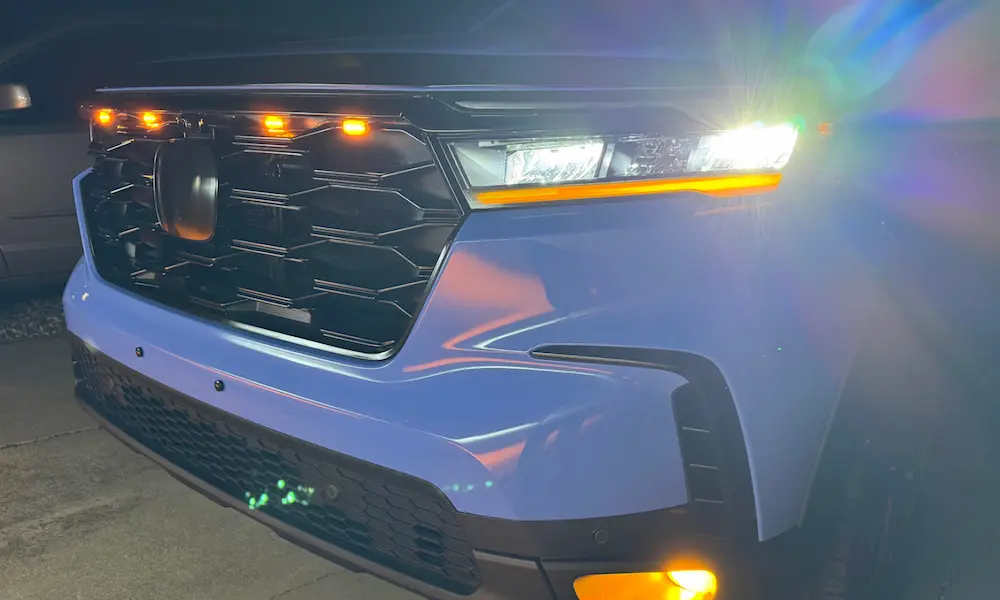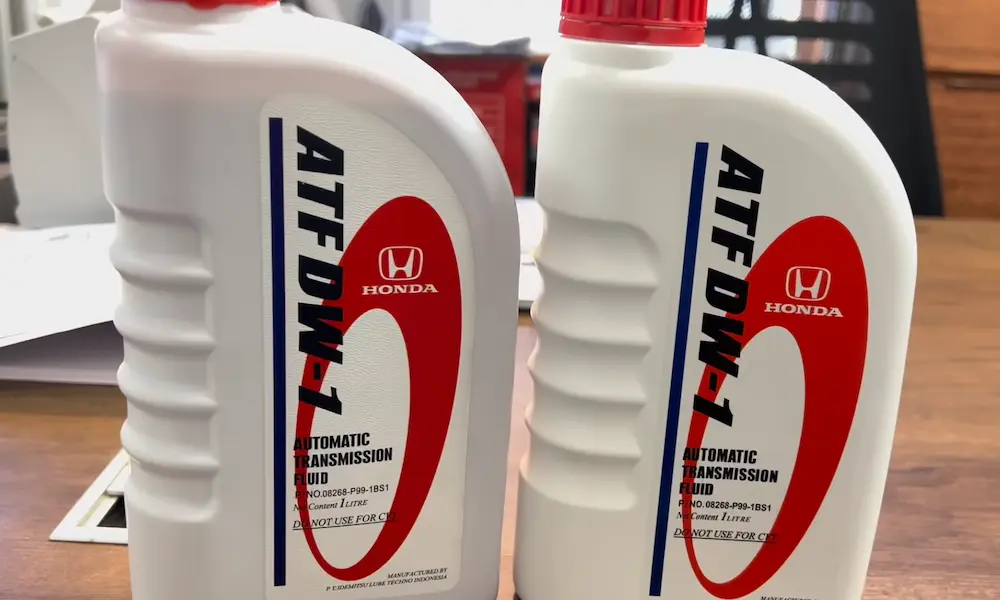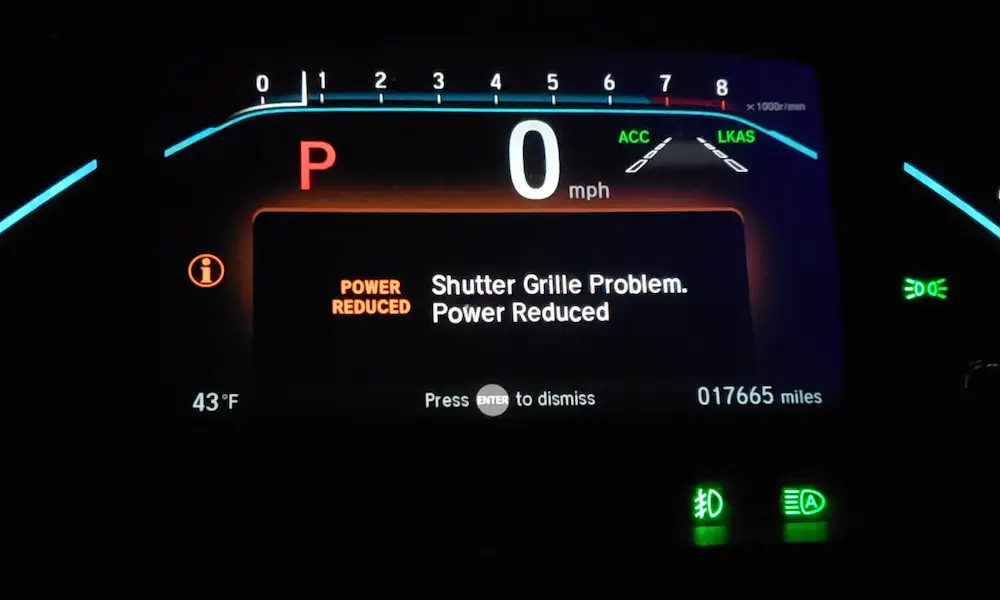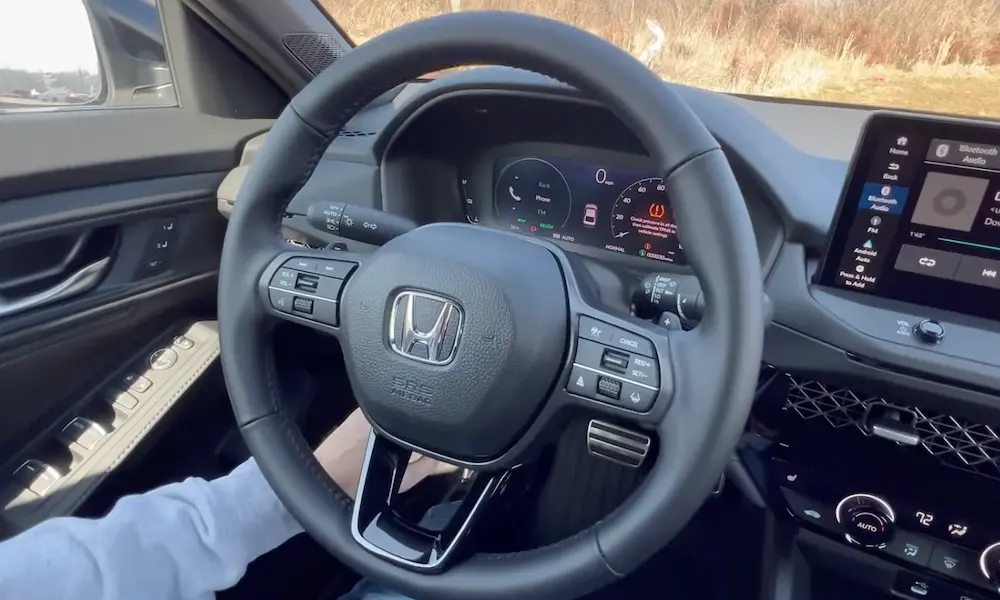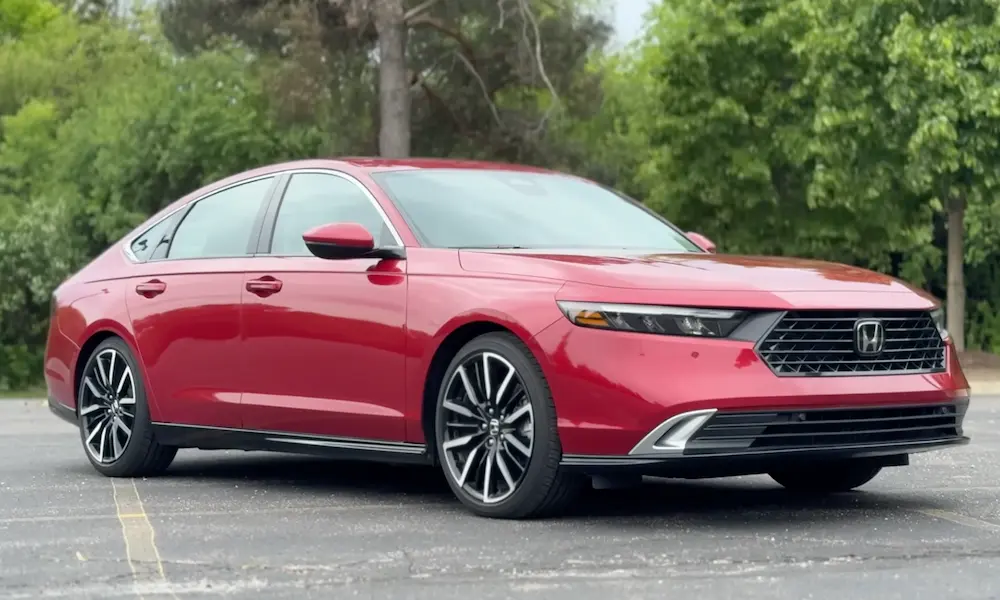If your Honda Civic’s air conditioning isn’t working well, you’re not alone. Whether it’s a faulty compressor, refrigerant issues, or a worn-out condenser, these problems are common. The good news is that many of these issues can be fixed, and you might even be eligible for an extended warranty. You’ll want to keep reading to find out how to tackle these common air conditioning problems and keep your car cool.
Understanding the Air Conditioning System in Your Honda Civic
The air conditioning system in your Honda Civic is designed to keep the cabin cool and comfortable. It relies on key components like the compressor, condenser, and refrigerant to function efficiently. Proper air flow and refrigerant levels are crucial for optimal cooling performance.
Components of the AC System
Your Honda Civic’s air conditioning system consists of several parts. The compressor is the heart of the system, circulating refrigerant throughout. Next, the condenser releases heat absorbed from the cabin, located at the front of the car. The evaporator inside the dash cools and dehumidifies the air.
The blower fan pushes cool air into the cabin. Meanwhile, the expansion valve regulates refrigerant flow into the evaporator, aiding in temperature control. Also, the receiver-drier filters moisture and debris from the refrigerant, ensuring smooth operation.
The Role of Refrigerant in Cooling
Refrigerant is vital in your Civic’s AC system. It moves between the compressor and evaporator, turning from gas to liquid and back again. This process absorbs heat from the cabin and expels it outside, making the air cooler.
Maintaining the right refrigerant level is essential. Low refrigerant can lead to poor cooling and strain the system. You should check for leaks if your AC isn’t as cold as before. Topping up and proper servicing can improve the overall cooling efficiency significantly.
How Air Flow Affects Cooling Performance
Air flow is crucial for cooling. The blower fan plays a key role by pushing air over the evaporator and into your car’s cabin. If the fan isn’t working well, the air may not circulate properly, affecting comfort.
Cabin air filters can become clogged with dust and debris, reducing air flow. Regularly changing these filters helps maintain optimal air circulation. Additionally, keep the AC vents clear of obstructions. This ensures that you get the best possible cooling performance while driving.
Understanding how these parts work together can help keep your Honda Civic’s AC running smoothly. Regular maintenance and checks will ensure a comfortable ride even in hot weather.
Common Honda Civic Air Conditioning Issues
If your Honda Civic’s air conditioning isn’t working well, you’re not alone. Many owners face similar problems, ranging from hot air blowing through the vents to strange noises and odd smells. Here are some common issues you might encounter and what could be causing them.
AC Blowing Hot Air
When the AC blows hot air, it can mean a few different things. One common reason is a defective condenser that leaks refrigerant. Without enough refrigerant, your air conditioner can’t cool the air properly.
The compressor might also be at fault. If it’s not compressing the refrigerant correctly, warm air will circulate in the cabin. Checking and refilling refrigerant levels or replacing faulty parts can often solve the issue.
Weak Air Flow from Vents
Weak airflow is another frustrating problem. Often, this is due to a clogged air filter or blocked vents. Dust and debris can accumulate over time, preventing air from flowing freely through the system. A dirty blower motor might also cause reduced airflow.
Regular maintenance, like cleaning or replacing filters and clearing any obstructions, can help maintain good airflow. Additionally, it’s worth inspecting the blower motor for any signs of damage.
Unusual Noises When AC Is On
Hearing strange noises when you turn on the AC might be concerning. Clicking, buzzing, or rattling can indicate various problems. Loose parts or debris stuck in the fan can often be the cause.
The compressor could also be wearing out, leading to weird sounds. If you notice any odd noises, it might be time to check the AC components for wear and tear or loose parts.
Foul Smells from Air Conditioning Vents
Foul odors coming from your air conditioning vents can be quite unpleasant. Usually, these smells result from mildew or mold forming in the evaporator coil or air ducts. Moisture build-up can create a breeding ground for bacteria, causing bad smells.
Regularly cleaning the air conditioner and using a disinfectant can help eliminate odors. A professional cleaning might be necessary if the smell persists, ensuring that your air vents remain fresh and clean.
Troubleshooting and Diagnosing AC Problems
In your Honda Civic, AC issues may arise from several areas, like refrigerant levels, leaks, malfunctioning blower motors, or electrical faults. Understanding each aspect is essential for effective troubleshooting.
Checking the Refrigerant Levels
One of the first things you should check is the refrigerant level in the system. Low refrigerant can cause the air conditioner to blow warm air. Use a pressure gauge to measure the system’s refrigerant pressure. If the pressure is low, it’s a clear sign that you may need a recharge.
Recharging should be done carefully. It’s best to follow the instructions in your car’s manual to ensure you’re using the correct amount. Improper recharging can damage the system. If you’re not comfortable doing this yourself, consider seeking professional help.
Inspecting for Refrigerant Leaks
Refrigerant leaks are a common issue. They can cause your AC to lose its cooling power. You should look for oily residue around hoses, connectors, and the compressor. These are often signs of a leak.
To further pinpoint the leak, you might use a leak detection kit. These kits typically include a UV dye that you add to the system, making it easier to find the source with a UV light. Once you identify where the leak is, you can decide whether it requires a simple sealant or a more extensive repair.
Assessing the Blower Motor Function
If your AC doesn’t blow air effectively, the blower motor might be faulty. First, check if there’s any air coming out of the vents. If the air is weak or nonexistent, start by examining the fuse linked to the blower motor. A burned-out fuse is easy to replace and might solve the problem.
Also, listen for unusual noises when the blower is on. Grinding or squealing sounds could indicate motor issues. In such cases, a motor replacement may be necessary. Properly functioning motors are crucial for adequate airflow across the AC system, ensuring it runs smoothly.
Evaluating Electrical Components
Electrical problems can sabotage your AC system. Begin by inspecting the wiring associated with the AC unit. Look for frayed or disconnected wires and ensure all electrical connections are secure. Your Civic’s AC needs a stable electrical supply for optimal performance.
Next, check the relays and switches. Malfunctioning parts can interrupt the electrical flow. Replacing faulty relays or switches can often restore your AC’s functionality. Keeping these components in top shape is key to avoiding disruptions and maintaining a cool, comfortable interior in your vehicle.
Preventive Maintenance for Your AC System
Keeping your Honda Civic’s AC system well-maintained ensures it runs efficiently and lasts longer. Regular maintenance can prevent common issues like a dirty cabin air filter or a clogged condenser, maintaining optimal cooling efficiency.
Replacing the Cabin Air Filter
Your cabin air filter plays a vital role in keeping the air inside your car clean. Over time, it can become clogged with dust and debris. A dirty cabin air filter can strain your AC system, reducing its cooling efficiency.
You should replace the cabin air filter every 15,000 to 20,000 miles or whenever it appears dirty. Doing so not only improves air quality but also enhances the performance of your AC system. Consult your owner’s manual for the specific location and replacement instructions. Changing this filter regularly can help you avoid unpleasant odors and ensure that the air inside your car is fresh.
Cleaning the Condenser
The condenser is situated at the front of your car and is prone to gathering dirt and debris. A clogged condenser can significantly reduce the cooling capability of your AC system. This is because it can’t efficiently transfer heat away, which is essential for cooling the air entering your car.
To clean the condenser, use a pressure washer or a garden hose to remove any buildup. Be gentle to avoid damaging the coils. Regular cleaning helps the condenser perform its function more effectively, ensuring your AC system stays efficient. Checking and cleaning it every few months can save you from costly repairs and keep your AC functioning well.
Regular AC System Check-Ups
Scheduling regular AC system check-ups is important for the longevity and efficiency of your vehicle’s cooling system. During these check-ups, a professional can inspect all components, including the compressor, refrigerant levels, and system seals for leaks or wear.
Check-ups also help in detecting early signs of wear, preventing small issues from becoming major problems. These inspections should be done at least once a year. Being proactive with these check-ups ensures that your system is always ready to deliver optimal cooling performance, providing you a comfortable driving environment.


